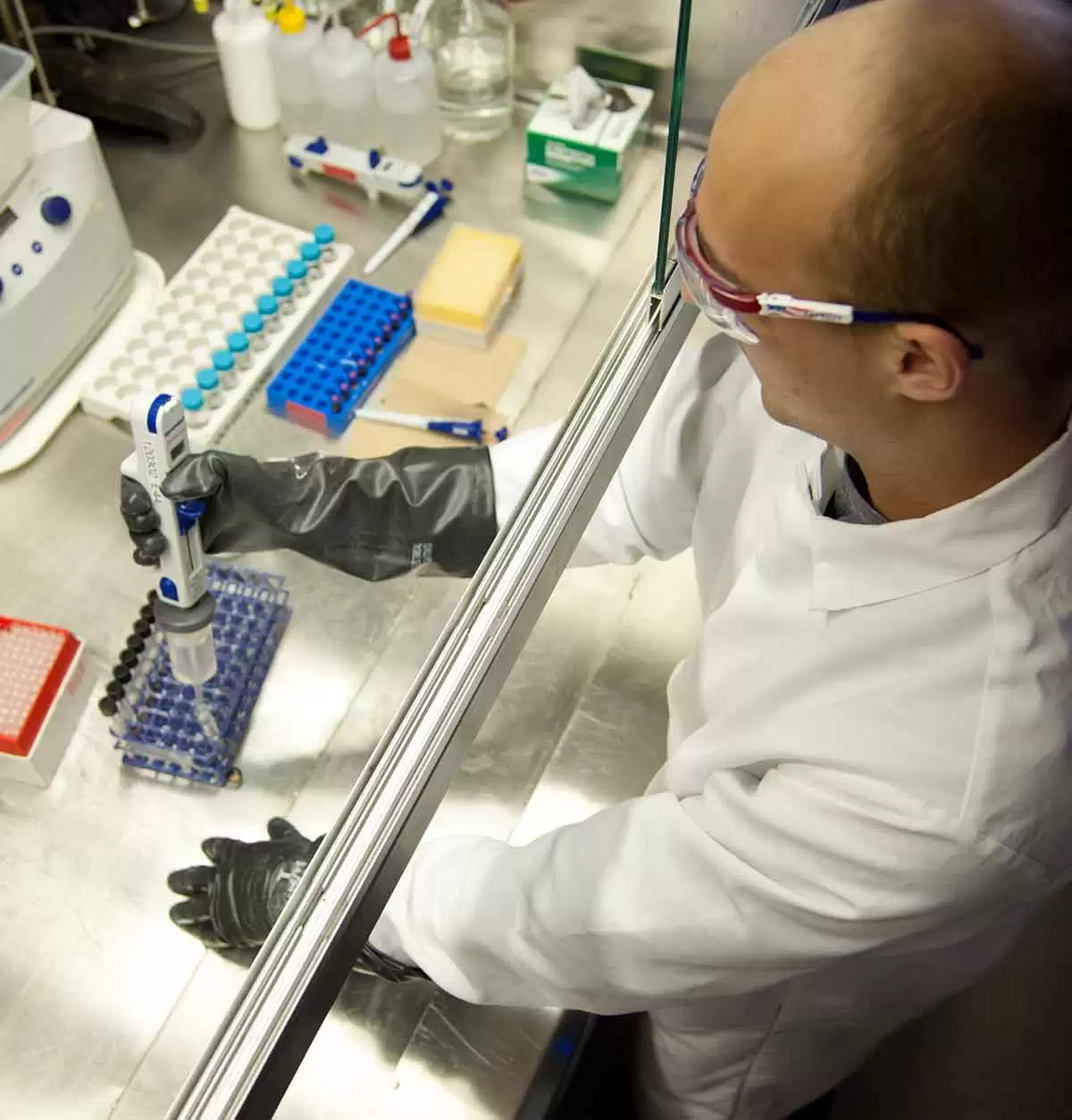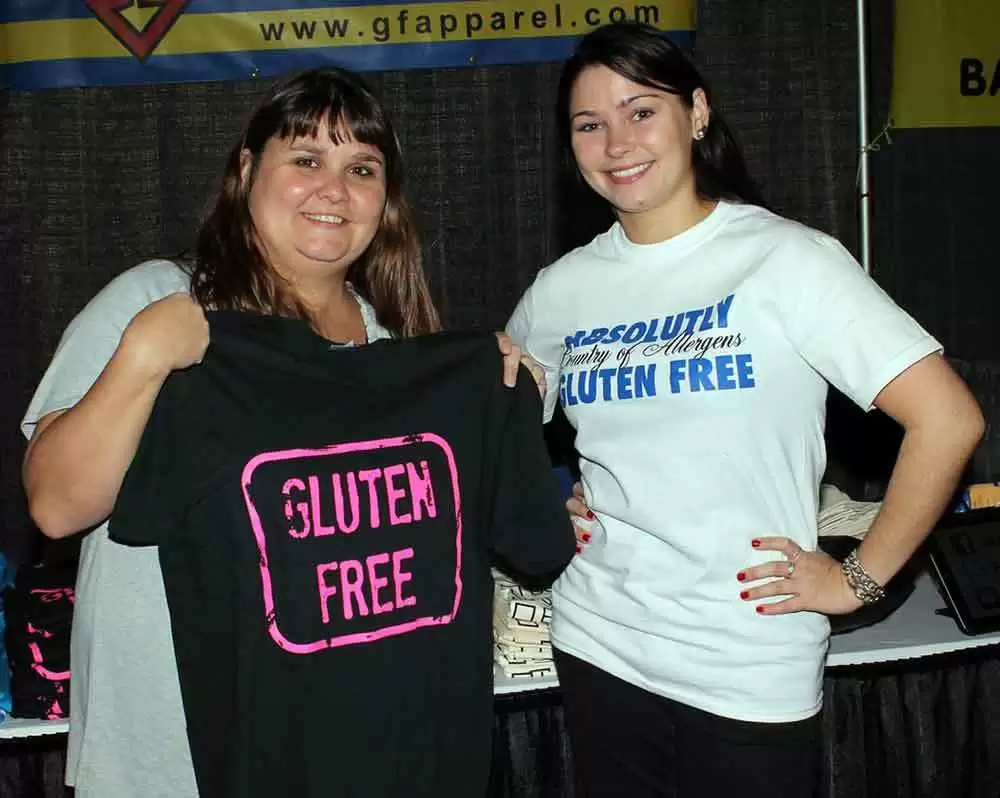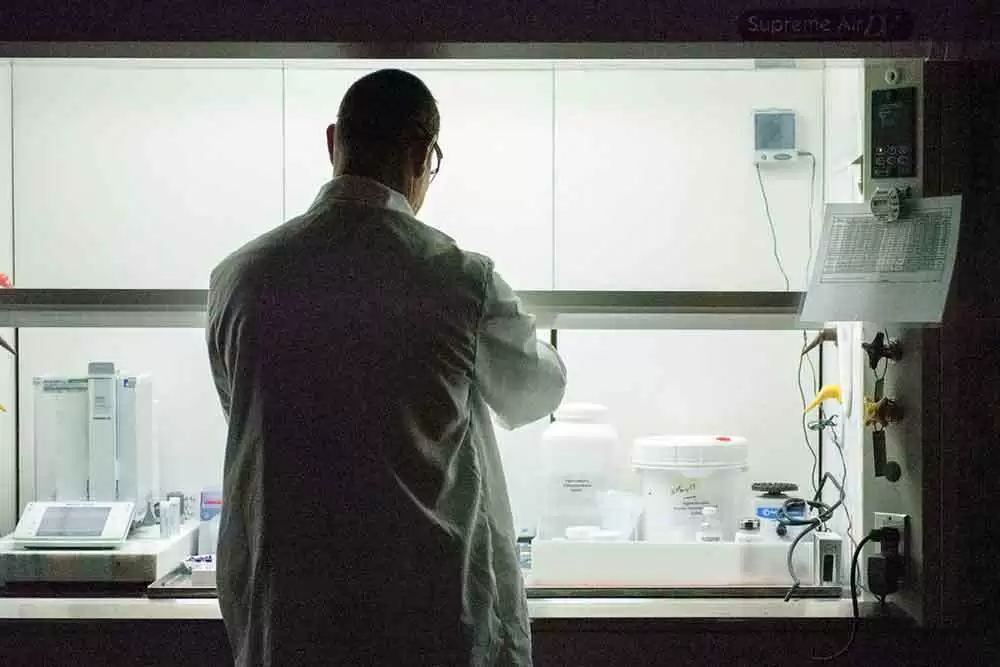
Celiac.com 07/05/2021 - One of the many approaches to alternative treatments for celiac disease includes the inhibition of various bio-chemical or bio-mechanical factors that promote mucous damage in the guts of untreated celiacs. One focus has been on inhibiting small intestinal transglutaminase 2. In celiac disease, small intestinal transglutaminase 2 causes deamidation of glutamine residues in gluten peptides, which increases T cell stimulation and triggers mucosal damage. Inhibition of transglutaminase 2 is a potential treatment for celiac disease.
A team of researchers recently set out to determine whether ZED1227, a selective oral transglutaminase 2 inhibitor, can successfully inhibit transglutaminase 2, and reduce duodenal mucosal damage, as a potential treatment for celiac disease. The team recently conducted a small proof-of-concept trial, to gauge the efficacy and safety of ZED1227 over a 6-week treatment at three dosage levels, compared against placebo, in adults with well-controlled celiac disease who received a daily gluten challenge.
Celiac.com Sponsor (A12):
The main end point was the level of reduction in gluten-induced mucosal damage, as measured by the ratio of villus height to crypt depth. Other end points included intraepithelial lymphocyte density, the Celiac Symptom Index score, and the Celiac Disease Questionnaire score, which is used to assess a patient's health-related quality of life.
The team's results showed that, of the 41 patients assigned to the 10-mg ZED1227 group, the 41 assigned to the 50-mg group, the 41 assigned to the 100-mg group, and the 40 assigned to the placebo group, 35, 39, 38, and 30 patients, respectively, had adequate duodenal-biopsy samples for the assessment of the primary end point.
Treatment with ZED1227 at all three dosage levels reduced gluten-induced duodenal mucosal injury.
The estimated difference from placebo in the change in the mean ratio of villus height to crypt depth from baseline to week 6 was 0.44 in the 10-mg group, in the 50-mg group (P<0.001), and 0.48 in the 100-mg group. The estimated differences from placebo in the change in intraepithelial lymphocyte density were −2.7 cells per 100 epithelial cells in the 10-mg group, −4.2 cells per 100 epithelial cells in the 50-mg group, and −9.6 cells per 100 epithelial cells in the 100-mg group.
Use of the 100-mg dose may have improved both symptom and quality-of-life scores. The most common side effects included headache, nausea, diarrhea, vomiting, and abdominal pain. Three of 40 patients in the 100-mg group developed a rash.
In this small proof-of-concept trial, celiac patients treated with ZED1227 showed a reduction in gluten-induced duodenal mucosal damage. A proof of concept trial, however successful, leaves a long way to go before this treatment proves itself useful and desirable. Many prior efforts have shown early, and even late, promise, only to fail spectacularly at the end of the day.
Stay tuned for more on this and similar stories regarding alternative treatment approaches currently under development for celiac disease.
Read more in the New England Journal of Medicine
The research team included Detlef Schuppan, M.D., Ph.D., Markku Mäki, M.D., Ph.D., Knut E.A. Lundin, M.D., Ph.D., Jorma Isola, M.D., Ph.D., Tina Friesing-Sosnik, M.D., Juha Taavela, M.D., Ph.D., Alina Popp, M.D., Ph.D., Jari Koskenpato, M.D., Jost Langhorst, M.D., Øistein Hovde, M.D., Ph.D., Marja-Leena Lähdeaho, M.D., Ph.D., Stefano Fusco, M.D., Michael Schumann, M.D., Helga P. Török, M.D., Juozas Kupcinskas, M.D., Yurdagül Zopf, M.D., Ansgar W. Lohse, M.D., Mika Scheinin, M.D., Ph.D., Karin Kull, M.D., Luc Biedermann, M.D., Valerie Byrnes, M.D., Andreas Stallmach, M.D., Jørgen Jahnsen, M.D., Jonas Zeitz, M.D., Ralf Mohrbacher, M.Sc., and Roland Greinwald, Ph.D., for the CEC-3 Trial Group.










Recommended Comments
Create an account or sign in to comment
You need to be a member in order to leave a comment
Create an account
Sign up for a new account in our community. It's easy!
Register a new accountSign in
Already have an account? Sign in here.
Sign In Now